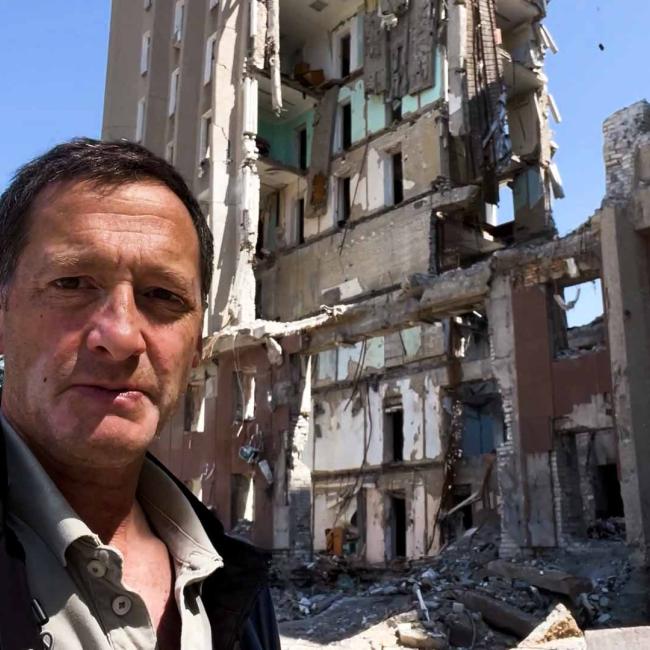Anthony Borden
IWPR Executive Director
US & NL Governance Committees; Finance Committee; Nominations Committee
IWPR Executive Director
US & NL Governance Committees; Finance Committee; Nominations Committee
Tony is the founder of the Institute for War & Peace Reporting. He was editor of the highly regarded IWPR magazine War Report from 1991-98 and was commended for the “Best Online Journalism Service” in the 1999 NetMedia journalism awards, for IWPR's reporting on the Kosovo crisis. He has worked with the UK's Department for International Development assessing media programs in post-communist countries. He has received a MacArthur Foundation NGO research fellowship to study media and conflict at King’s College, London. He has worked as an editor and writer for Harper's, The Nation, The American Lawyer and HarperCollins, and contributed to The Atlantic, The New York Times, The Washington Post, The Guardian, Newsweek, The International Herald Tribune and numerous other publications. He comments regularly on conflict and media issues for the BBC, CNN and other media. Tony is a member of the Council on Foreign Relations.
 Reporting from Ukraine by IWPR founder and executive director. |
|---|
The United States risks losing a major opportunity to forge an open media in the Middle East.
Iraqi media have a critical role to play in building a new Iraq, and IWPR's new field training programme aims to help.
Speakers at an IWPR conference in Almaty warn that outbreaks of violence across Central Asia could escalate into a regional conflict.
The US is suspected of playing a significant role in Zahir Shah's decision to withdraw his candidacy at this week's grand assembly.
The first day of the Loya Jirga ends amid farcical scenes with the organisers refusing to confirm suggestions that delegates had appointed Hamid Karzai head of state in a rather unorthodox manner.
The UN's compromise over the new international court provides a reprieve for Balkan peacekeepers, but could set the stage for future disputes with Washington
The UN is racing against time to avert a renewed American bid to block its peacekeeping operation in Bosnia
The UN is racing against time to avert a renewed American bid to block its peacekeeping operation in Bosnia
Former Yugoslav president takes centre stage at the tribunal with a blistering attack on the international community.
Prosecution says Milosevic was "controlling force" behind a "concerted effort" to expel Albanians from Kosovo.
